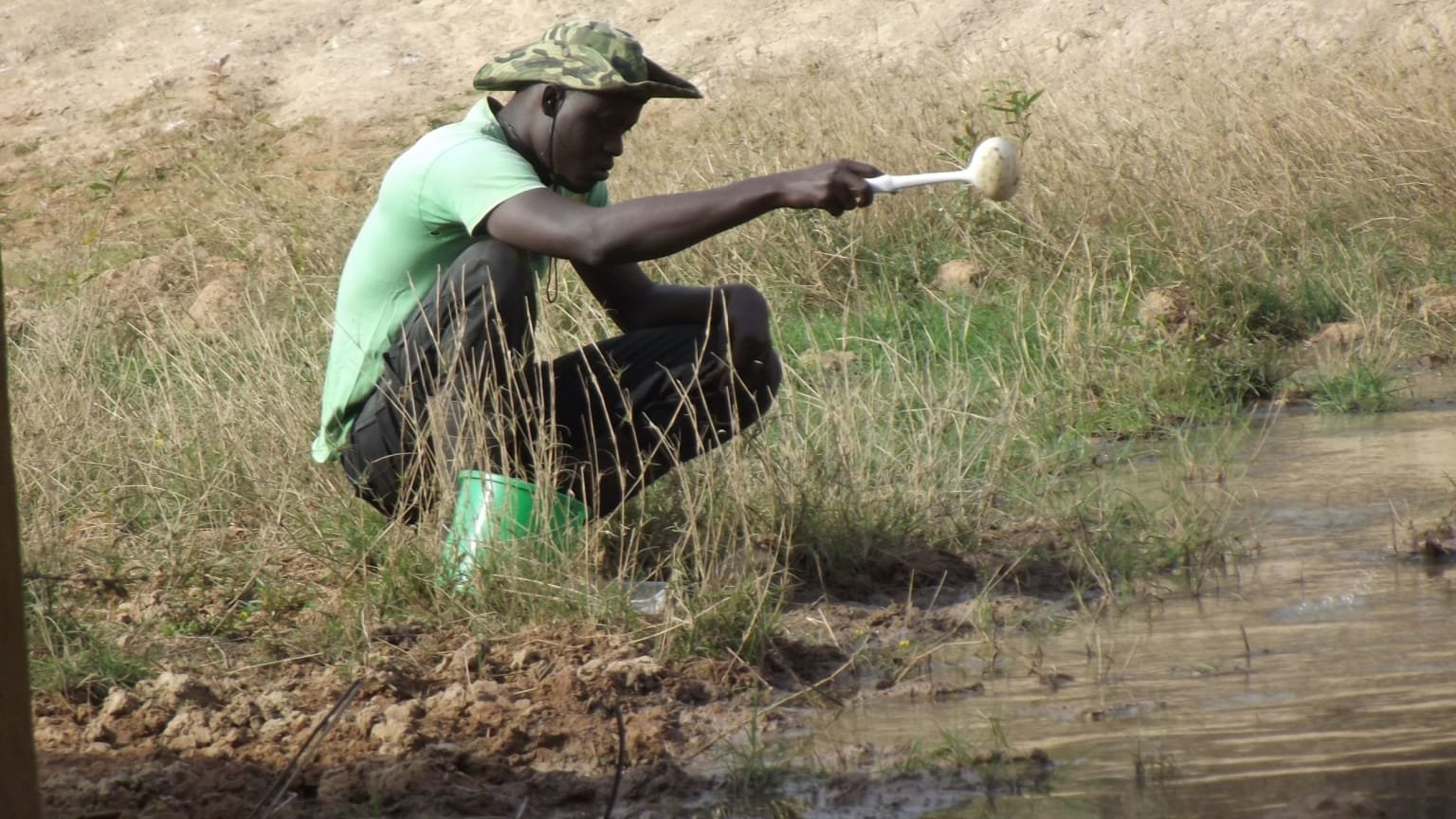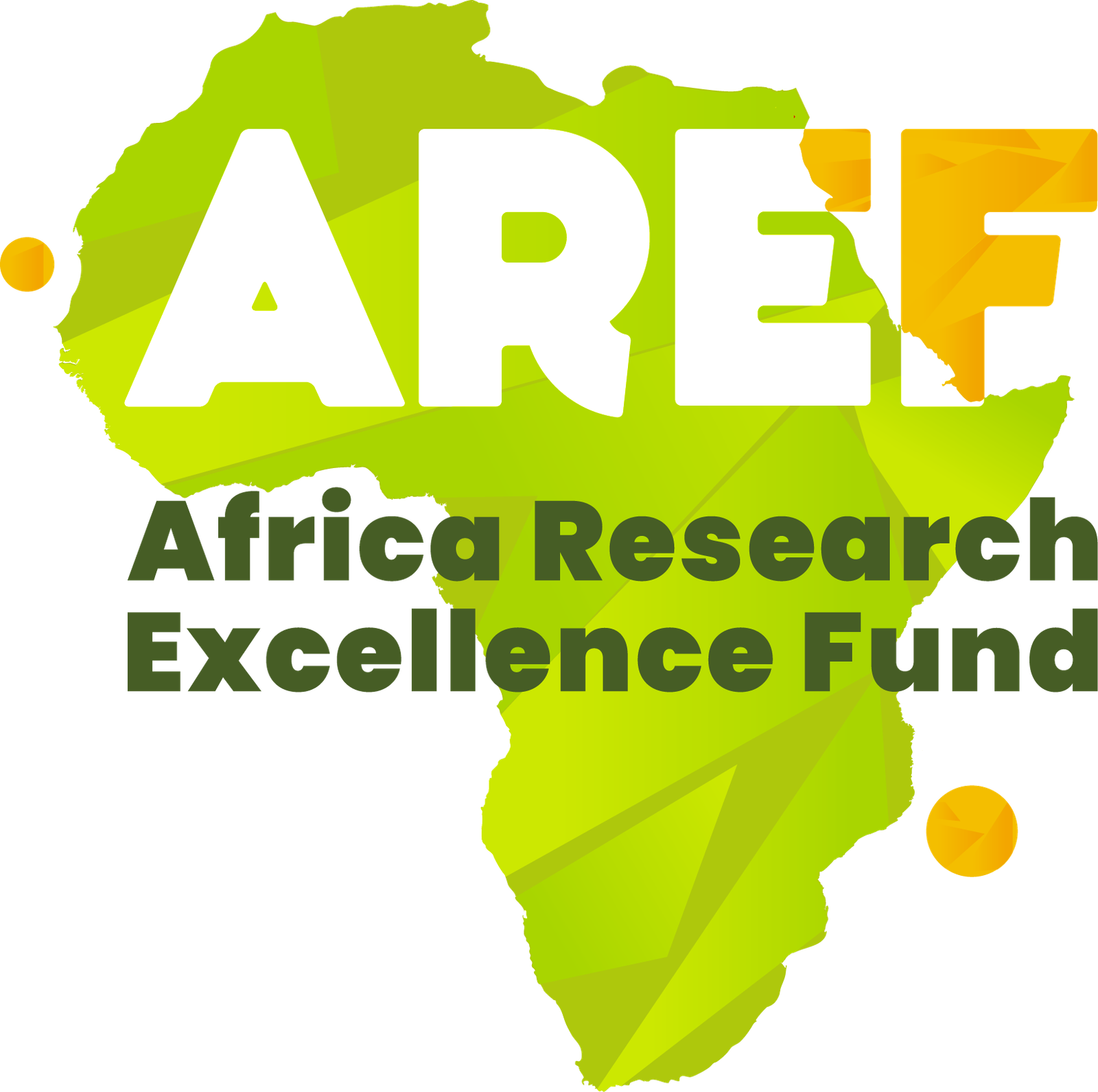Dr El Hadji Amadou Niang is an Assistant Professor in medical entomology from Cheikh Anta Diop University (UCAD) in Senegal where he studies the role of insects in transmitting diseases to humans.
El Hadji was awarded an AREF Research Development Fellowship in 2015, which he used to learn cutting-edge techniques for mapping the genome of mosquitoes, working with Dr David Weetman at the Liverpool School of Tropical Medicine in the UK.
Globally, malaria is still a vast health problem. In their 2020 World Malaria Report, the World Health Organization (WHO) estimated there were 241 million cases of malaria worldwide, causing 627,000 deaths in 2020 alone. Africa accounts for 95 per cent of cases and 96 per cent of deaths.
There has been significant progress in preventing and treating malaria. However, the most effective solutions have sought to control mosquito numbers and reduce their lifespan, in order to prevent them from transmitting the parasite – and this is where El Hadji’s research has focused.
He studies the different species of mosquito, their distribution, behaviour and habitats, and resistance to insecticides. “There are 21 different species of mosquito in Senegal, yet only seven of these transmit malaria. We need to know more about them to target the malaria-carrying species more effectively,” he says.
El Hadji works with others around the country to trap and examine mosquitoes, documenting the species and whether they carry malaria parasites or not.
Using laboratory techniques developed during his placement in the UK, El Hadji gathers molecular and genetic information about the mosquitoes to understand how they become resistant to various insecticides. “If we knew this, maybe we could combine effective mosquito control tools to stop them surviving and becoming harder to kill.”
Prior to his fellowship, the biggest challenges facing El Hadji were the lack of available funding opportunities, and competition with more experienced and established researchers.
“The fellowship was a huge stepping-stone for me. It helped me build new skills in advanced molecular biology and genetic data analysis, as well as improving my grant-writing and communicating skills, widening my research networks, and strengthening my research portfolio, which now includes more than 40 research publications.
“Most importantly I developed the connections and confidence needed to secure my own grants, including a training fellowship from the Wellcome Trust in 2020. Since then, I have been promoted to Assistant Professor at Cheikh Anata Diop University and Deputy Director of the Laboratoire d’Ecologie Vectorielle et Parasitaire, my home laboratory where I was trained as a student.”
“I’m an independent scientist leading my own research group in Senegal, but I’m also part of a much wider research network collaborating closely with partners across the continent – including institutions in The Gambia, Mauritania, Burkina Faso and Mali, as well as further afield, in the UK and France.”

El Hadji is currently investigating whether mosquitoes’ gut bacteria could disrupt the development of the malaria parasite and if so, whether infecting wild mosquitoes with certain bacteria could break the life-cycle of malaria.
And as PI of two other projects, he is leading his team to track the insecticide resistance mechanisms among natural populations of An.gambiae s.I across Senegal, as well as the impact of natural and anthropic landscape changes on the genetic and genomic structure of malaria vectors and their parasites. By understanding how they impact on malaria epidemiology and control, El Hadji will help improve and guide the NMCP vector control strategies.
“The challenge is that we’re not shooting at a fixed target. Mosquitoes evolve and develop resistance to insecticides, so I’m exploring whether we can harness bacteria to fight against the parasite. The data we’ve published in Scientific Reports (April 2020) and the International Journal of Tropical Insect Science (March 2020) will help Senegal’s National Malaria Control Programme (NMCP) to better target and control mosquitoes in areas where rates of malaria are high.“
More recently, his team has provided insight on the evolution of the Pyrethroids Target-Site Resistance Mechanisms in Senegal, highlighting the early stage of the Vgsc-1014F and Vgsc-1014S Allelic Frequencies Shift observed in several areas of the country, published in GENES in December 2021.
I’m so thankful to AREF and would urge people to support them in any way they can. The charity is giving genuinely life-changing opportunities to young African scientists. Without them, it’s doubtful if I or most of my peers would be pursuing medical research and tackling health problems in Africa.


